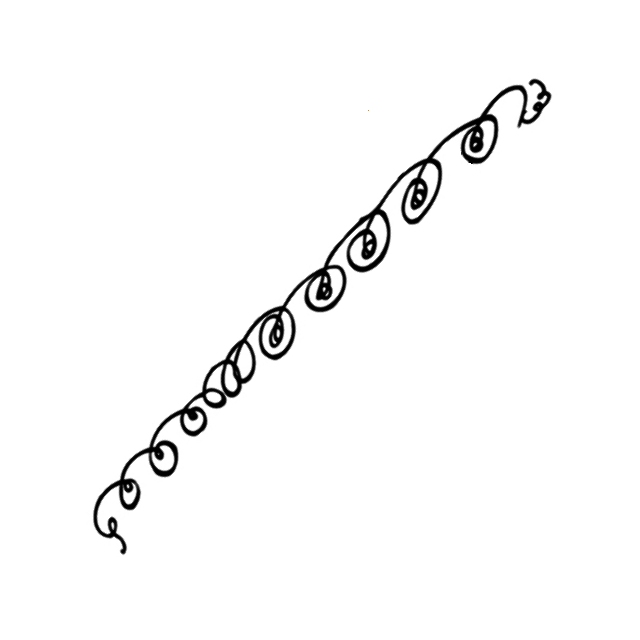As far as I know tuners strike the string very hard to equalize the tension along the string itself. But tuning should be performed after the fast frequency decay. And this is what happens usually with electronic tuners since you need time to adapt the string tension on the basis of the visual feedback. And also aural tuners require time to count beats. This means that perfect tuning cannot be obtained immediatly after strike and also unisons are not perfect initially since tension is not the same in the three strings. But this contributes to the richness of the piano sound. Two notes will never sound exactly the same, even with an elite player.
So, the effect is certainly present and unavoidable. The frequency decay is surely significant and easily detectable by a good electronic tuner. But the transient phase is much complex and our brain considers it as an essential component of the piano signature.
Regards
Angelo
so may be the decay is not the good term.
the projection of tone signs the good coupling.
tuning late in time allow to manipulate a little the attack but it can be taken in account sooner hopefully (if the tuner does not bang brutally on the keys).
the display of the ETD, , the way it "replace" the ear of the tuner is where most evolving can be done in my opinion.
when a good tuner is tuning aurally while looking at an ETD at some point he have to decide to follow his ears or the ETD, it is too tiring and time consuming to double check .
the ETD propose his own logic, (based on what is generally admitted as "tuning theory"). That is acceptable to the tuner. but the result in the end is too often deceiving, despite evenness or other qualities, the acoustic of the instrument is not taken in account enough IMO.
high quality unison save the object somehow, but the pleasure to play a piano tuned by a very good tuner is not as with ETD tunings.
having an ETD allow to work consistency, then it is an excellent tool to learn to tune aurally.
the difference between ETD and aural is small, I even wonder if it can be visualized.
may be because the human listening and its curve is not taken in account when programming ETD's , then octaves types are used despite what the instrument is really creating, then sometime references are took with pitches we don't care for.




